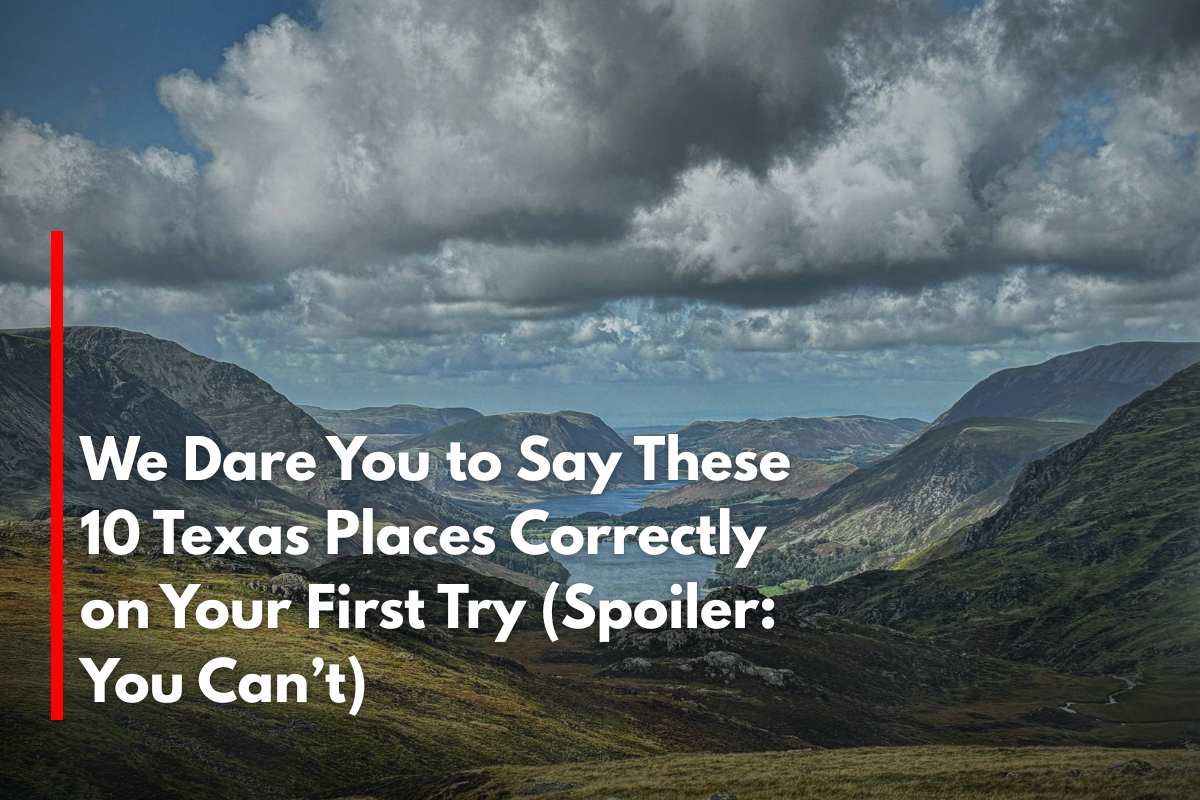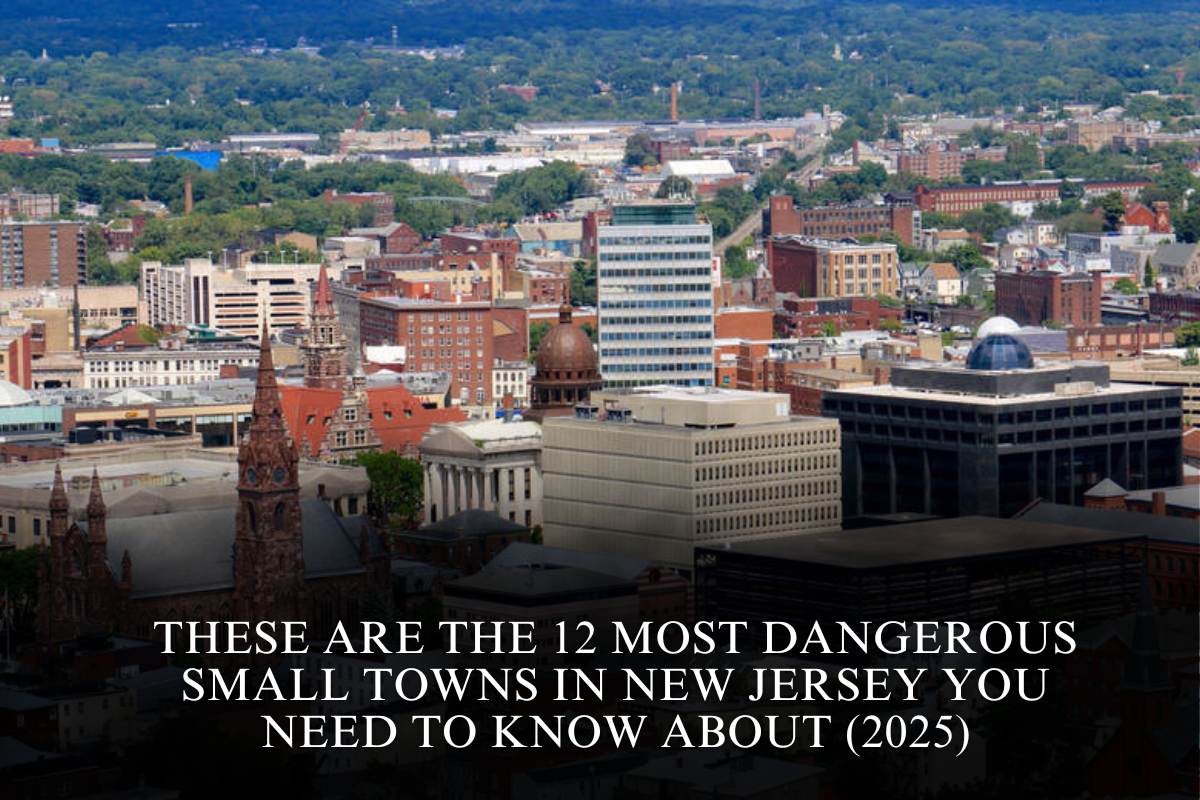Texas is famous for its big skies, bigger hearts, and some of the trickiest place names in the United States. If you’ve ever found yourself stumbling over the pronunciation of a Texas town or city, you’re not alone! The blend of Spanish, Native American, and Old English influences has created some tongue-twisters that even longtime locals sometimes get wrong. Ready for a challenge? We dare you to say these 10 Texas places correctly on your first try. Spoiler alert: most people can’t!
1. Marfa
It looks like “Mar-fa,” but locals say it more like MAR-fuh. This quirky desert town is famous for its mysterious lights and vibrant art scene.
2. Boerne
Pronounced BURR-nee, not “Born-ee” or “BORN.” This charming Hill Country town is a favorite for its German heritage and beautiful scenery.
3. Cibolo
If you say “SI-bo-lo,” you’re close, but the correct way is SIB-uh-loh. This fast-growing suburb of San Antonio is named after a nearby creek.
4. Goliad
Many try “Go-lee-ad,” but Texans proudly say guh-LY-əd or guh-lee-AD. This historic town played a key role in Texas’ fight for independence.
5. Joaquin
Looks like “Jo-a-quin,” but it’s pronounced WAH-keen. This East Texas town’s pronunciation surprises a lot of visitors!
6. Llano
The double “L” in Spanish sounds like a “Y,” so it’s pronounced YAH-no, not “L-LAN-o.” Located in the heart of Texas Hill Country, Llano is known for its lakes and BBQ.
7. Hallettsville
It’s not “Hal-ett-s-ville.” The correct way is HAL-uh-ts-ville with a soft “ts” sound in the middle. Hallettsville hosts great Czech heritage festivals.
8. Nacogdoches
Get ready for a mouthful: nuh-KOG-duh-cheez. This is Texas’s oldest town and home to a major university.
9. Refugio
Not “Re-FEW-gee-oh.” It’s pronounced Ruh-FYOO-ree-oh or sometimes Re-FYOO-ree-oh, a town with a rich ranching history on the Gulf Coast.
10. Uvalde
If you say “You-VALD,” try again. Locals say it like YOU-al-dee. Uvalde is famous for its beautiful parks and as the gateway to the Texas Hill Country.
Why So Tricky?
These pronunciations are a fascinating glimpse into Texas’s diverse cultural history. Many names have Spanish origins, while others derive from indigenous languages or reflect the heritage of settlers from Germany and beyond. Over time, local dialects and accents softened or changed the way these places are said, creating the unique sounds we hear today.
Final Challenge
Think you can say all ten correctly? Try them out loud and see how you do. Chances are you’ll stumble on at least a couple. But that’s part of the fun! Texans take pride in these distinct pronunciations, so don’t be embarrassed if you don’t get them right the first time.
Next time you’re road-tripping across the Lone Star State, impress the locals by getting off on the right foot—or at least having a good laugh trying. After all, in Texas, everything is bigger—including the challenge of mastering the place names!
Sources
[1] https://www.texasalmanac.com/drupal-backup/images/topics/TownPronunciationGuide.pdf
[2] https://www.scribd.com/document/371979551/Texas-Almanac-pronunciation-guide
[3] https://dokumen.pub/texas-place-names-9781477320655.html
[4] https://files.eric.ed.gov/fulltext/ED440138.pdf
[5] https://www.scribd.com/document/655321772/places







